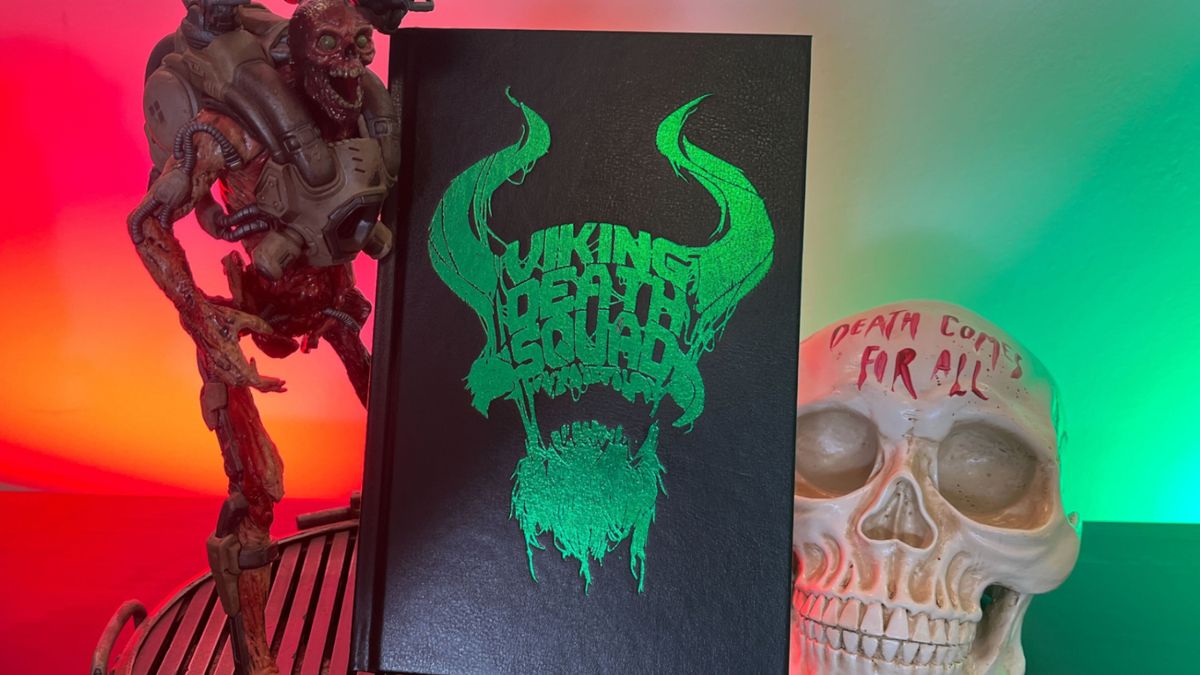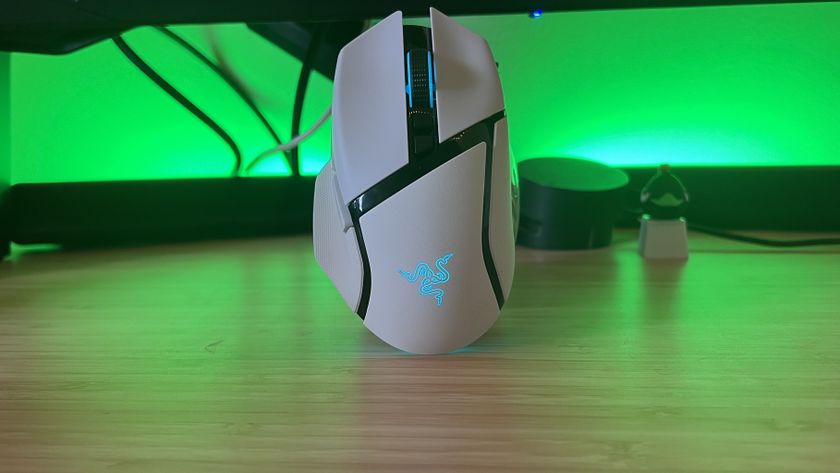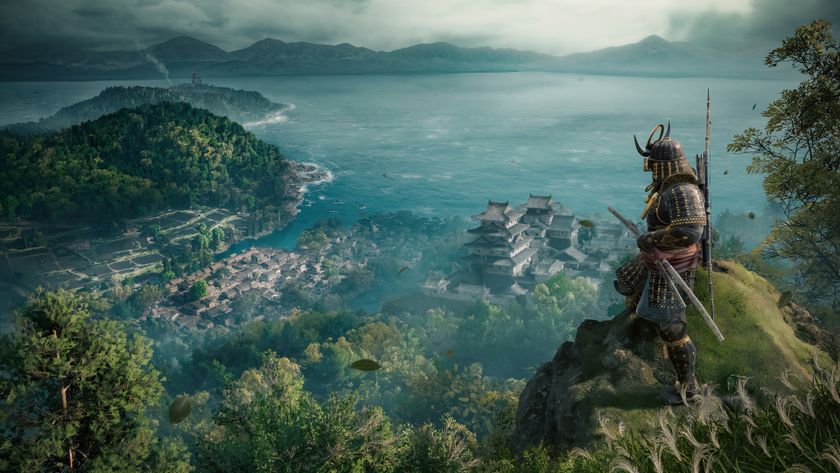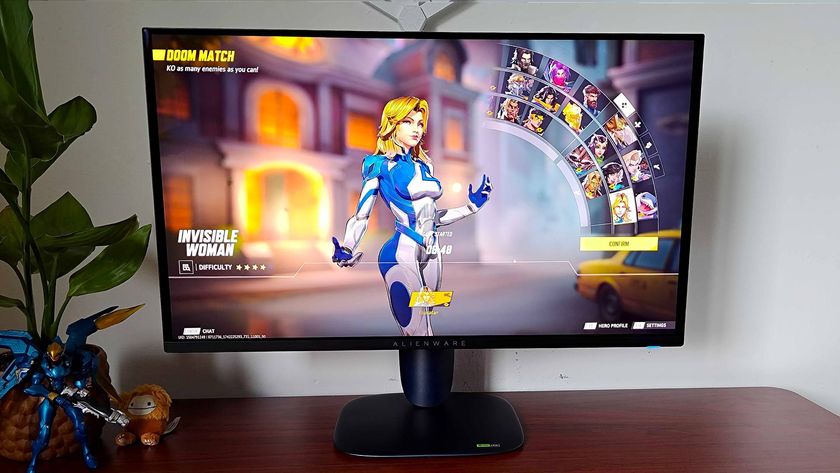12DOVE Verdict
Viking Death Squad boils down all the essential elements of RPG into an easy to digest and creatively engaging system that's given flair with some truly surprising mechanics. It's fantastical yet open-to-interpretation worldbuilding is perfect for metalheads to run wild with their brutal machinations.
Pros
- +
Focus on roleplay and narrative
- +
Simple system with few calculations
- +
Easy to pick up and go
- +
\m/ Totally brutal \m/
- +
Copyright freedom
Cons
- -
Some mental maths necessary
- -
Can get very D6 heavy at high levels
- -
No way to multiclass
- -
Might feel oversimplified for some
Why you can trust 12DOVE
- Game type: Sci-fi tabletop RPG
- Players: 2 - 6
- Complexity: Moderate
- Lasts: 120+ mins
- Ages: 12+
- Price: $42 / £35
- Play if you enjoy: Warhammer, Index Card RPG
Despite the game's acronym sounding like something you might catch on a questionable first date, Viking Death Squad (or VDS) is far from an ailment you want rid of. It's an uncomplicated, unpredictable, and wholly unchained TTRPG that doesn't do half measures. Each campaign has wide scope for epic, death-defying feats, that give players a chance to become the relentless metalhead warriors they've always dreamed of being. Essentially, it exists at the conjunction of everything that has ever been described as 'metal.'
If ever there was a tabletop game to incite another Satanic panic, this would be it. Viking Death Squad is metal af, and proud of it.
What is it, and how does it work?
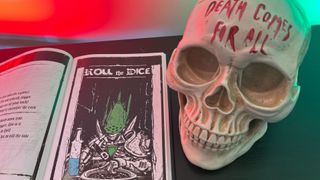
The game takes place in and around the planet Urth - not the most inventive name for a planet, though the worldbuilding is much more out-there. Players are faced with a lava-scarred world of desolation and deadly rifs that's loosely based on Earth (vague maps included).
Here, blackened relics gather rust against a backdrop of lightless megaliths, and towering scrap piles - the remains of immense, coffin-shaped starships - now litter the surface. The main forces at play are the almighty Lucifer's demonic legions, and the infamous, domineering War Pigs, also known as the Infinitum.
Live out your wackiest (yet totally badass) thrash metal fantasies
The land and sky are covered with roving murder machines, and droves of armies duking it out in a bid for domination. Stuck in the middle of their endless feud, the last dregs of humanity have formed a rebellion known as the Screaming Skulls, which players will rally support for, hoping to one day have enough power behind them to take the War Pigs head on, and eradicate Lucifer along with them.
To enact the revolution, players take the form of either scrappy, fragile human meatbags, specialising in mechanical handling, metallurgy, exorcism, and the clandestine arts; or heavily augmented, undead Viking warriors. The latter are known as Immortals, whose three lives and immense size make them formidable foes. They are hardy yet slow, and specialise in mystical rune cutting, psychic arts, or just going utterly berserk. Which sounds like a formula for one of the best tabletop RPGs if you're a heavy metal fan, to be honest.
Is it any good?
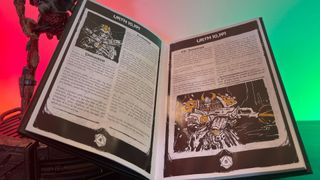
The rulebook offers a bunch of pre-built characters to pick from, each with their own debts, codes, and oaths chosen from preset lists. These give rise to well rounded backstories, and make sure the GM has plenty of fuel to advance each player's character arc, alongside the main narrative. Player's speed is their to-hit target and it even determines turn order, meaning there's no need to roll for initiative as per Dungeons and Dragons books. Meanwhile, health is just how much armour you have left (each piece takes three hits), and you work with a simplified distance of 'arm's length,' 'ranged,' and 'out of reach.' All this makes play so much easier, though it might feel oversimplified if you're used to a lot of intricate calculations.
Similarly, players level up on a milestone basis; at the end of each session, every player adds 1 die to their Resolve - a pool of dice that replenishes on a long rest, and can be used to boost rolls at any time.
There are a wealth of skills to pick from, too, which improve as you use them - mark five successes, add a roll die. While all this leaves little room to shift specialisms, it means a character's most-used skills become (logically) their most powerful.
The VDS rulebook encourages you to focus on hashing out an epic narrative rather than getting bogged down in the specifics
If you're after a quick taster sesh, VDS includes several pre-designed oneshot campaigns, complete with encounter roll tables for each of the four biomes. There's even a bestiary where each enemy has a tactics 'set list' of attacks if you're not sure how to murder the players next.
If you're really strapped for ideas, the book provides story-enriching roll tables such as 'Twists and Turns,' which throws a narratological grenade in mid-session; and 'The Little Things' roll table for when you've exhausted your narrative hooks but the players still want more. There's roll tables for damn near everything, in fact, so you'll never be stuck for ideas in the heat of the moment. In this, it's much like the developer's other game, the very beginner-friendly Index Card RPG.
When you're designing a VDS campaign, the book encourages you to use music as inspiration; it doesn't matter what genre of metal, as long as it rocks. And the metal theme doesn't stop there; there are higher powers at work here. When players roll a '666' Lucifer intervenes for a demonic crit, which can be deliciously brutal if handled well.
The game centres almost entirely around rolling D6es, which is something to consider buying more of since, as the party levels up, it can get quite heavy with the dice rolls. Therein lies my major issue with the game: rolling with D6es means some level of mental maths is necessary to find out if your roll was successful, particularly at high levels when you're rolling with heaps of dice. It essentially means it's not always immediately clear whether you've passed a check.
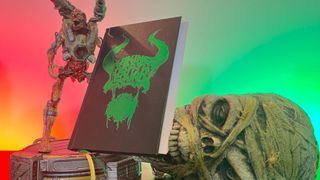
As well as being a stage on which you can live out your wackiest (yet totally badass) thrash metal fantasies, Viking Death Squad is also one of the few campaigns I've come across that actually has a fail state.
Should all ten of the remaining Viking Immortals die, the game ends. It means the stakes rise exponentially as the Immortal ranks dwindle, and the party will take a damn good beating to keep their tanky friends alive… There's a kind of dynamic shift when one of the few Immortals left is on their last legs: humans become more inclined to sacrifice themselves for the greater good, and the usually die-hard Immortals turn more toward caution.
Alongside this, there are a few interesting mechanics that help to switch things up. You can boost rolls with resolve, as previously mentioned, but also by 'pushing gear.' This mechanic lets players trade the health of their items and armour for a special advantage, from simply adding more dice to the roll, to causing an 'unlikely narrative effect.' There's a lot of freedom to negotiate with the GM, which in my experience can become overwhelming for someone not used to being firm.
There are also advantages and disadvantages for attacking from concealment, high ground, from behind cover. Being pursued or being in pursuit makes rolls harder, too. It encourages players to change up their tactics rather than barreling into battle head on every time, and it gives you a chance to play around with chase scenes. There's even a page dedicated to 'pulls,' a playbook that players and the GM can draw tactical inspiration from, so no two fight scenes are the same.
Overall - should you buy Viking Death Squad?
Everything that went into the VDS rulebook encourages you to focus on hashing out an epic narrative rather than getting bogged down in the specifics. The key is less brain power, more POWER METAL. And despite its simplicity, VDS managed to incite some of the most passionate roleplay I've witnessed in my five years as a games master.
The lore is rich, the tactics are broad, and there's even the option to adapt whatever's in the rulebook for your own projects, since the SRD licence is included.

Katie is a freelance writer with almost 5 years experience in covering everything from tabletop RPGs, to video games and tech. Besides earning a Game Art and Design degree up to Masters level, she is a designer of board games, board game workshop facilitator, and an avid TTRPG Games Master - not to mention a former Hardware Writer over at PC Gamer.
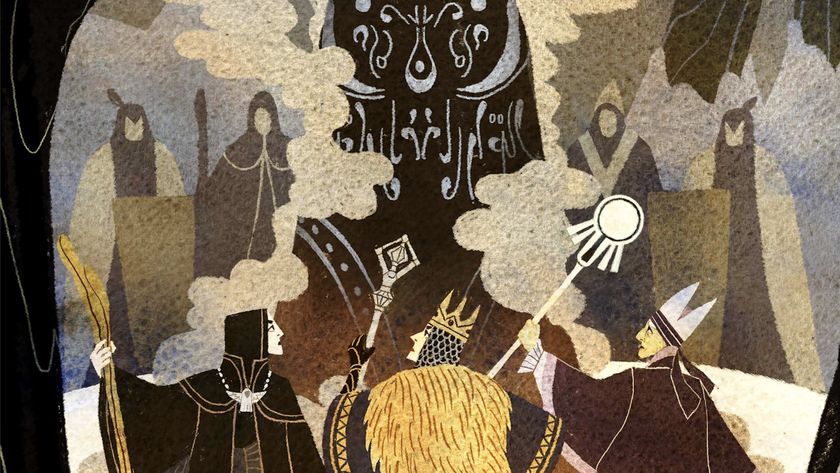
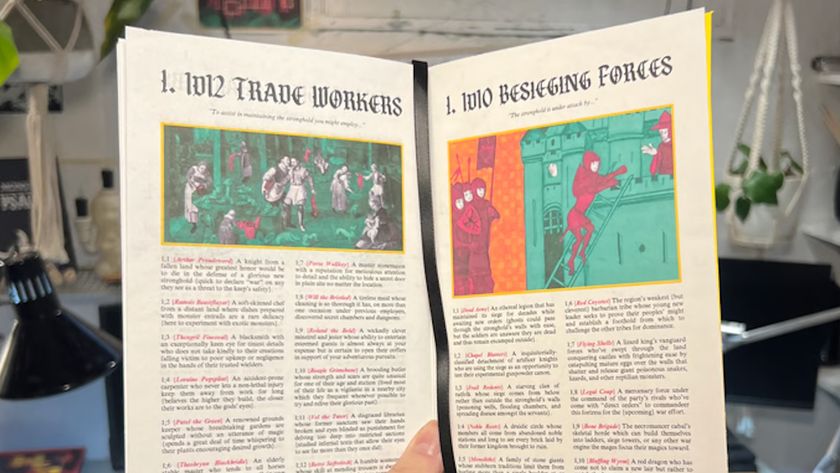
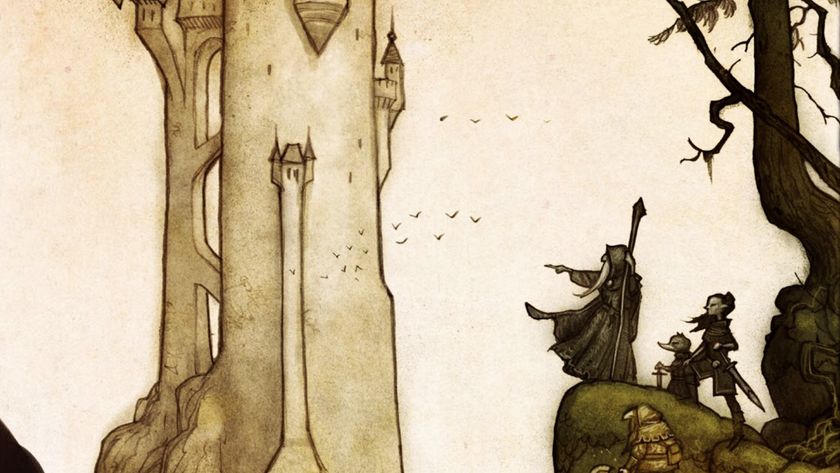
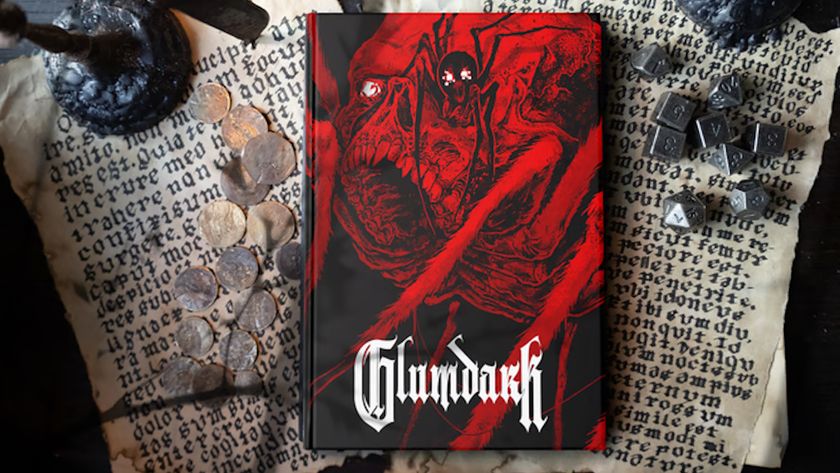
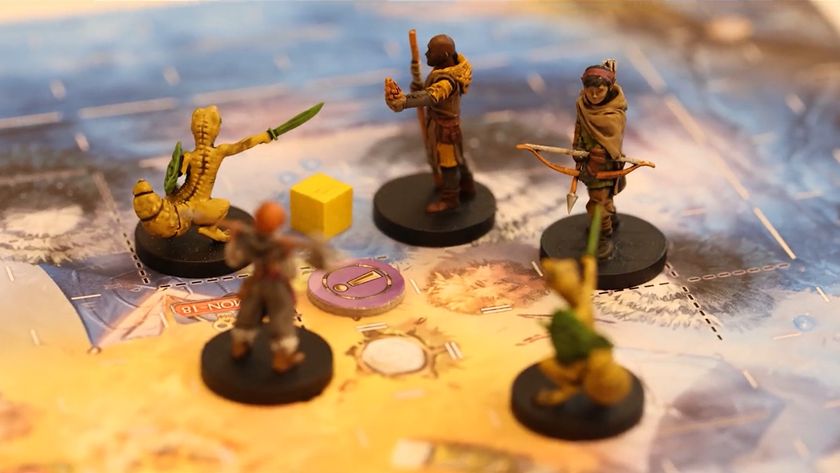
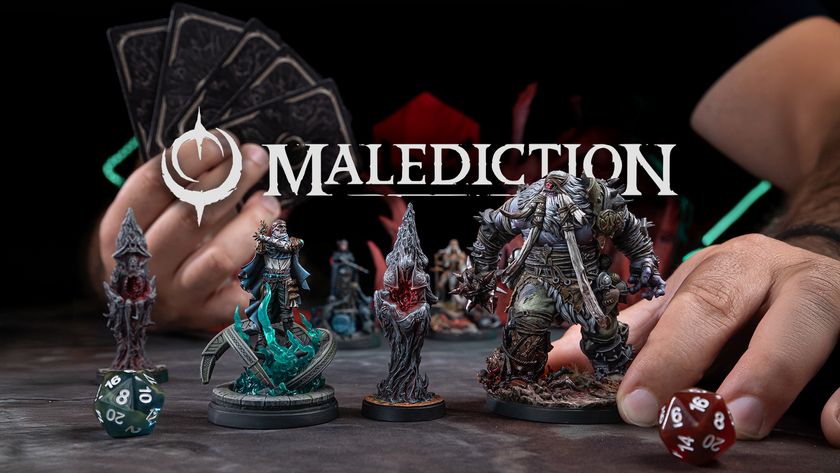

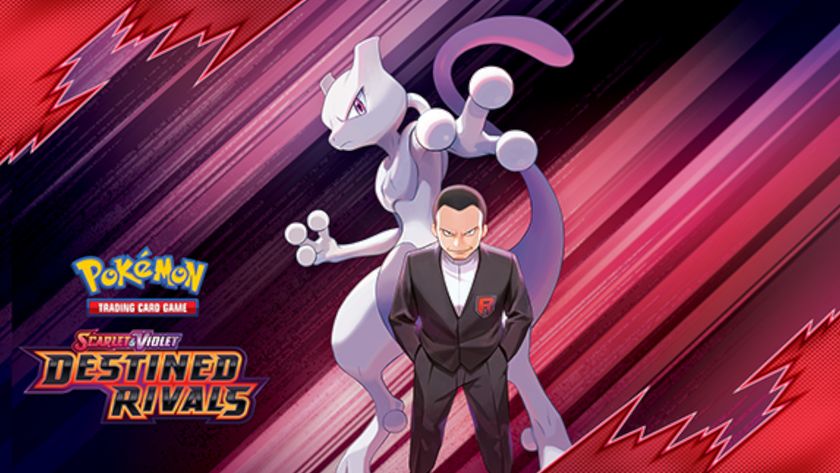
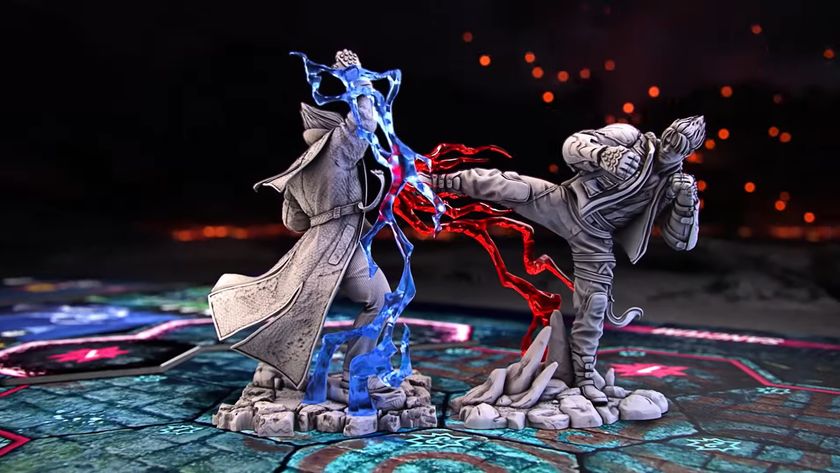
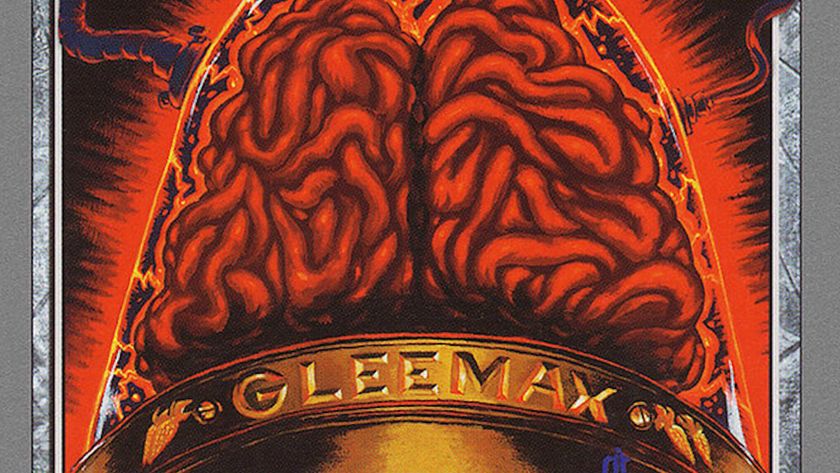
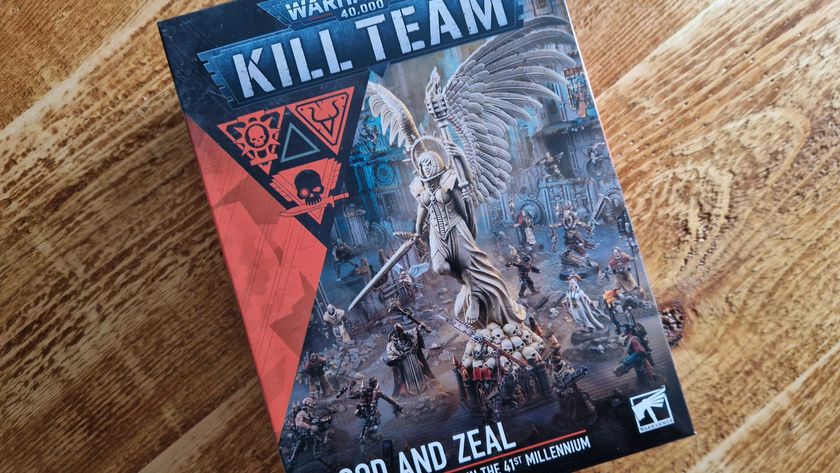






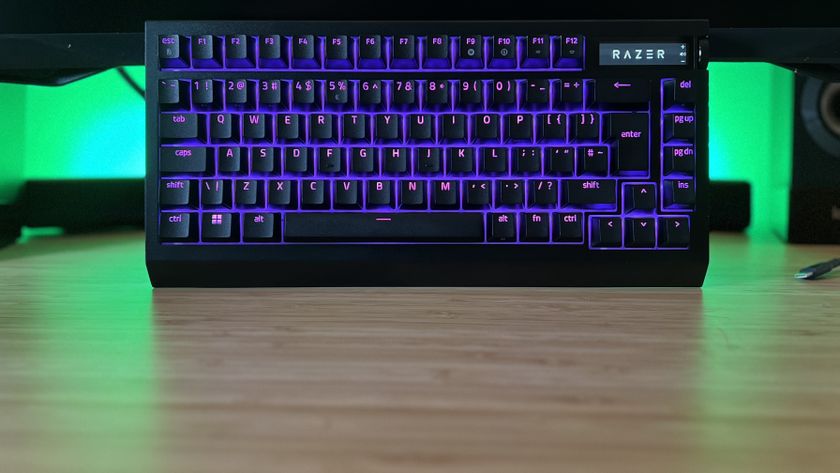
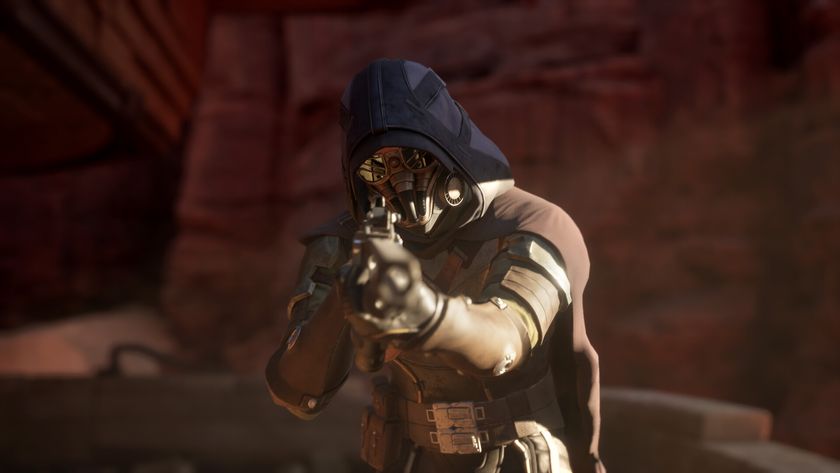
Dune Awakening launches for $50 without a stay in early access, and while the survival MMO "will not have a monthly subscription" it will have "optional" paid DLC
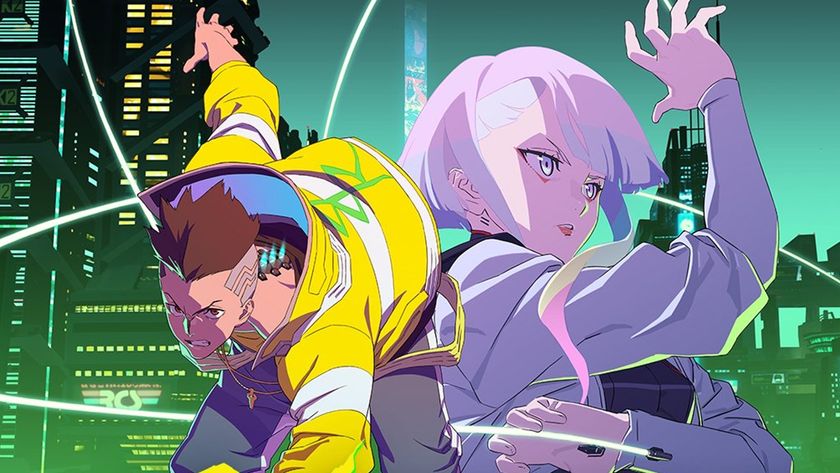
Witcher 3 and Cyberpunk 2077 studio CD Projekt Red won't make survival games just because they're popular, but Netflix's Edgerunners anime is fueling dreams bigger than RPGs

Linda Cardellini cast as Jason's mom, the original Friday the 13th killer, for Crystal Lake prequel series
